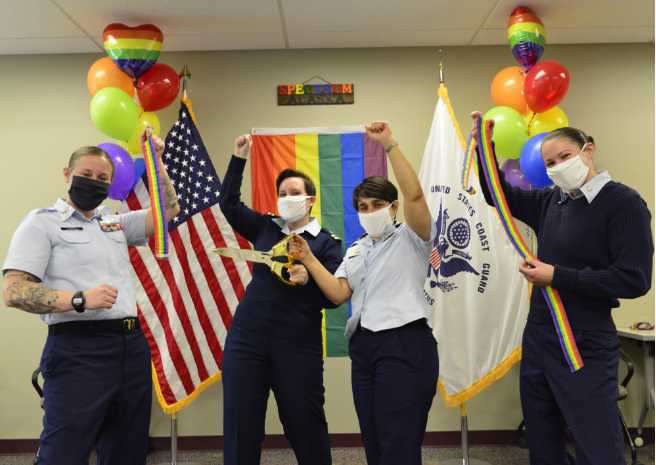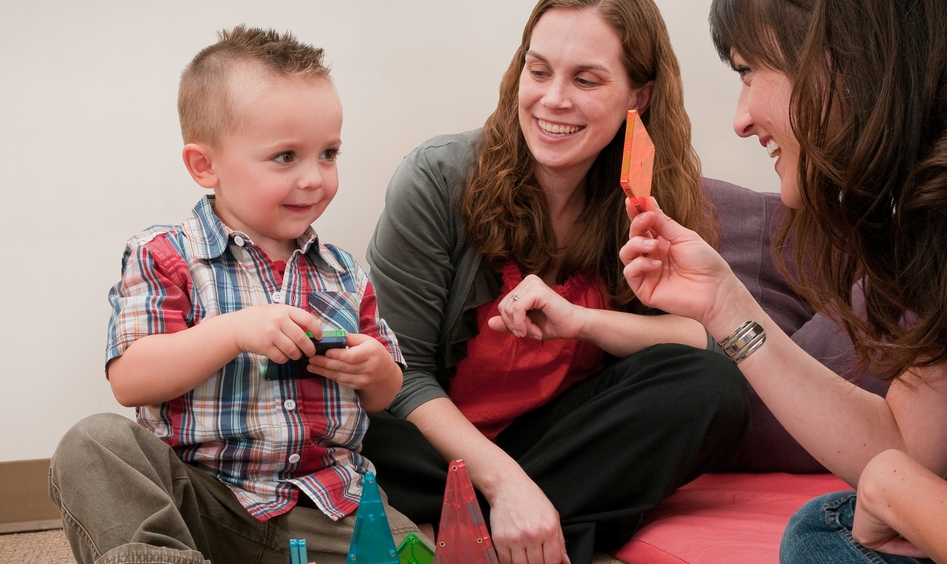
Researchers at University of California San Diego School of Medicine are preparing a first-of-its-kind, multidisciplinary investigation to determine if and how cannabidiol (CBD), a non-psychoactive compound found in the cannabis plant, provides therapeutic benefit to children with severe symptoms of autism spectrum disorder (ASD).
The study, scheduled to launch in approximately one year, is funded by a $4.7 million gift from the Ray and Tye Noorda Foundation, in partnership with the Wholistic Research and Education Foundation. It represents the largest known private gift to date for medicinal cannabis research in the United States.
Based at the UC San Diego School of Medicine’s Center for Medicinal Cannabis Research (CMCR), the study will involve a team of physicians and scientists employing clinical assessments, coupled with basic and translational research, across a cohort of patients, to better understand how CBD interacts with or alters neural activity and if it effectively and safely alleviates some of the more problematic symptoms of ASD, such as aggressive behaviors, repetitive or self-injurious behaviors, hyperactivity and social and communicative deficits.
“We clearly need more treatment options for children with moderate to severe autism, those who suffer the greatest impact and who need the most help,” said Igor Grant, MD, CMCR director and chair of the Department of Psychiatry at UC San Diego School of Medicine. “It is becoming more apparent that CBD has a number of effects on the central nervous system that may be relevant to autism and there are anecdotal reports suggesting CBD treatments may improve functioning in an ASD child.
“Investigating the effects of cannabidiol on autism has been a long-term goal for CMCR. We are excited to begin this clinical trial and unlock additional, evidence-based knowledge of how cannabis and cannabinoids can be used as medicines, not only for autism, but in the future for other neurodevelopmental and neuropsychiatric disorders.”
ASD affects an estimated one in 68 children in the United States, primarily boys. The neurodevelopmental disorder is complex, with multiple known or suspected causative factors, from inherited genetic mutations to environmental conditions to metabolic dysfunction. A major consequence is abnormal development and functioning of connectivity and communications between brain cells and among neural networks, resulting in many of the observed social and cognitive impairments in persons with ASD.
“The most exciting part of this novel study is that the findings could have tremendous implications for not just children with autism, but for children with other types of neurodevelopmental disabilities,” said Doris Trauner, MD, Distinguished Professor of Neurosciences and Pediatrics at UC San Diego School of Medicine and an attending pediatric neurologist at Rady Children’s Hospital-San Diego with special expertise in neurodevelopmental disabilities. As principal investigator, Trauner will oversee the design and execution of the clinical trial.
CBD is a major chemical compound found in cannabis. It does not produce the effects of feeling “high,” which are caused by tetrahydrocannabinol or THC (the psychoactive ingredient in marijuana), but as one of more than 100 cannabinoids in cannabis, CBD interacts with the body’s endocannabinoid system, a network of neurotransmitters that regulate diverse physiological and cognitive processes and response to stress. CBD may additionally influence other neural signaling pathways. Some data suggest that CBD may be effective in seizure control, and could reduce disordered thinking in schizophrenia and anxiety symptoms in several conditions, including post-traumatic stress disorder.
Grant said accumulating evidence suggests the endocannabinoid system is associated with four phenotypic features known to be atypical in ASD: social reward responsivity, neural development, circadian rhythm and anxiety-related symptoms. “That makes the endocannabinoid system a prime region for finding and testing new, potentially therapeutic compounds, such as CBD.”
The goals of the study are three-fold: to determine if CBD is safe and tolerable and whether it alleviates adverse symptoms of ASD; to find out if and how CBD alters brain wave activity, neurotransmitters and/or brain network connectivity; and to uncover whether biomarkers of neuro-inflammation (also thought to be associated with ASD) are altered by CBD.
The clinical trial will consist of 30 children, ages eight to 12 years, with autism and severe symptoms. All will receive behavioral testing, MRI scans and electroencephalograms. In the first phase of the study, half the children will receive CBD and half placebo. In the second phase, the groups will be switched and the half who originally received CBD will receive placebo, while the initial placebo group will receive CBD. Investigators will be blinded to which children are receiving which treatment until after all of the testing is completed at the end of the study.
CBD is a controlled, Schedule 1 drug, as defined by the Drug Enforcement Administration. Availability for research purposes is strictly limited. The CBD for this study will be provided by INSYS Therapeutics, Inc., an Arizona-based company involved in the development, manufacturing and commercialization of pharmaceutical cannabinoids, with products designed to address various neurological and neurodevelopmental disorders.
To understand the mechanisms of any potential clinical benefit from CBD, the Noorda gift will support two closely linked basic science studies.[xyz-ihs snippet=”adsense-body-ad”]First, using skin cells taken from trial participants, a research team headed by Alysson Muotri, PhD, professor in the UC San Diego School of Medicine departments of Pediatrics and Cellular and Molecular Medicine, director of the UC San Diego Stem Cell Program and a member of the Sanford Consortium for Regenerative Medicine, will use induced pluripotent stem cells to create in vitro models of participants’ neurons and organoids — simple but organized, functional, three-dimensional cell assemblies sometimes called “mini-brains.” Muotri and colleagues created the first human cellular model of autism, which can be used as a tool for testing, diagnosis and drug screening, in 2010.
Second, Gabriel A. Silva, PhD, professor of bioengineering and neurosciences and director of the Center for Engineered Natural Intelligence at UC San Diego Jacobs School of Engineering, and colleagues will use newly developed computer models to track and analyze signaling between in vitro neurons and networks.
The Ray and Tye Noorda Foundation is based in Utah, and emphasizes philanthropy focused on improving health and educational access. Its gift supporting the CBD study was given in partnership with and based on recommendations from the Wholistic Research and Education Foundation, located in La Jolla, Calif.
“We are thrilled to partner with the renowned scientists and researchers at UC San Diego on such a groundbreaking study,” said Pelin Thorogood, president and co-founder for Wholistic Research and Education Foundation. “The findings have the potential to provide treatment options for countless kids with neuro disabilities and can be foundational for the emerging field of cannabinoid therapy.”
Source: UC San Diego Health




